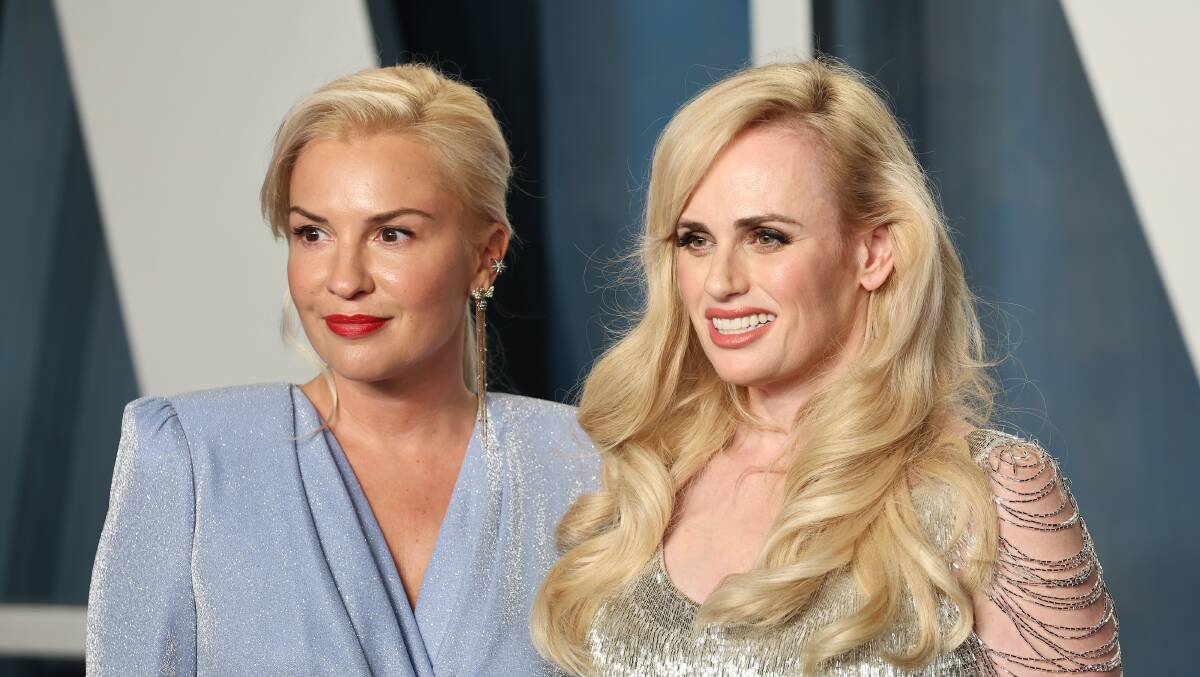
Coming out is a deeply personal decision that each LGBTIQA+ person should be able to make in their own time for their own reasons.
Subscribe now for unlimited access.
or signup to continue reading
This is because each of us has to weigh up many factors, including the impact on our relationship, our family's reaction, our cultural and religious background, and the discrimination we may face.
In Australia, coming out can still result in LGBTIQA+ people being lawfully fired or expelled by faith-based schools, or subject to conversion practices, or refused identity-affirming documents, or targeted by hate campaigns during an election, or turned away from blood donation, or just jeered from passing cars.
Despite marriage equality, Australia is not yet a place where most LGBTIQA+ people feel safe to come out by holding their partner's hand in public.
This continued stigma and discrimination contributes directly to higher than average rates of mental ill health.
Coming out when and how we choose is also one of the most powerful tools available to LGBTIQA+ people for making positive change.
It shows the world that we are no longer fearful, that we are proud of who we are, and that the lingering stereotypes about us are wrong.
When celebrities decide for themselves to come out it is especially important.
They can be life-saving role models for those young LGBTIQA+ people who feel isolated and helpless in a hostile world.
All this was highlighted by The Sydney Morning Herald's recent attempt to out actor, comedian and writer Rebel Wilson.
The Herald caught wind of Ms Wilson's relationship with designer Ramona Agruma and emailed Wilson about it, giving her two days to confirm if the rumours were true.
Ms Wilson, faced with the choice of being outed or outing herself, chose the latter.
The journalist at fault cycled through various excuses.
He said we do not live in "a perfect world" where "love is love", as if continued prejudice and prurience justifies invading our privacy.
He said that Wilson would not likely have experienced homophobia and that sexuality is no longer something to be hidden, as if he hadn't just given a green light to every bigot in Australia to follow his lead.
He effectively blamed Rebel Wilson herself by pointing to a former heterosexual relationship she had revealed on social media, as if there are no boundaries when reporting on gay or bisexual public figures.
The incident showed that idle curiosity about us still has priority over our wellbeing, that there is a profound complacency about the discrimination we continue to endure, and that we still have to take our destiny into our own hands or have it taken from us.
READ MORE:
The reporter and his editor have since apologised and said they will learn from the experience.
But like many other LGBTIQA+ Australians, I am sceptical.
In 2016, the Herald apologised to those people whose names, addresses and occupations it published after they were arrested at the first Sydney Mardi Gras in 1978.
Because of that act of punitive outing, some marchers lost their jobs, homes and families. Some took their own lives.
Clearly, laws and attitudes towards LGBTIQA+ people have improved since 1978.
We are no longer stigmatised as criminals, we are mostly protected by anti-discrimination laws, and we can marry the one we love.
But just as clearly, there is still a long way to go when a major metro daily remains oblivious to the harm it creates by inflicting and legitimising outing.
Hopefully, this time around the Herald has finally learnt just why outing is so wrong.
And hopefully, following this fiasco, Australia is a step closer to allowing LGBTIQA+ people to express who we are on our own terms, and not the terms set by others.
- Rodney Croome is a longtime equality advocate and a member of the Just.Equal Australia board.














